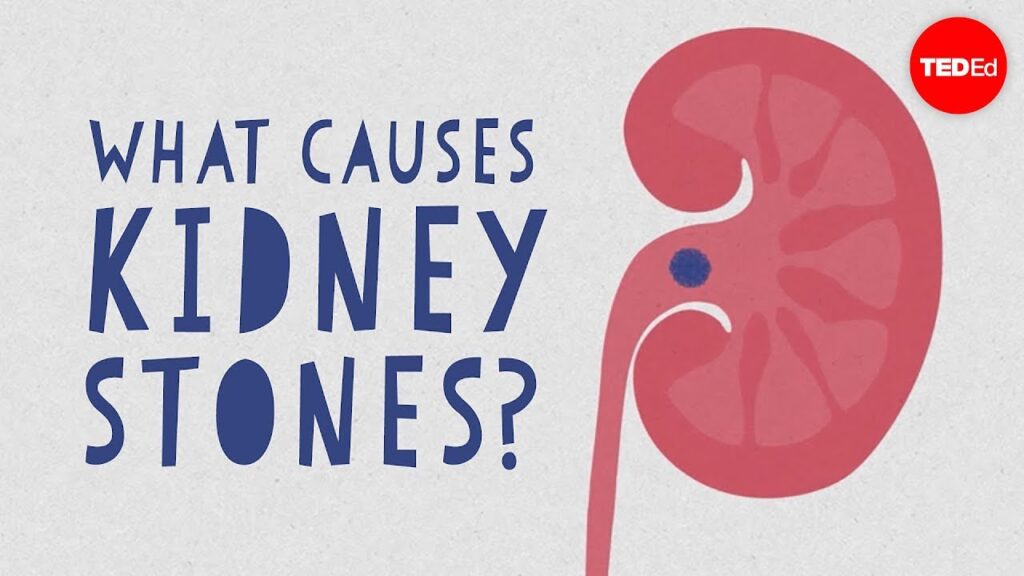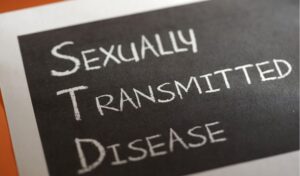What causes kidney stones? When materials in the urine including calcium, oxalic acid, phosphate, and uric acid get extremely concentrated, kidney stones may form. The most common kidney stones to form are calcium stones, typically in the form of oxalic acid. This is often due to too much protein in one’s diet. The most common kidney stones to cause kidney stone pain are calcium stones, typically in the form of oxalic acid.
Pain is one of the initial symptoms that can be felt with kidney stones. The cause is due to the sharp pains in your legs. Usually these sharp pains will start in one area and will gradually spread to your back, arms, and even your face. These pains will be experienced even when there is no blockage. Kidney stones cause pain by squeezing the urinary tract.
Other symptoms include a constant sensation like there is some sort of infection in your lower abdomen. You may even be experiencing some blood in your urine. You should make sure that you tell your doctor about any other symptoms that you have, because if it is not a kidney stone, it could be something else causing the pain that you are experiencing.
It is important to note that there are many kidney stones treatments available. The medical conditions that can cause them are dehydration, hyperoxaluria, hypernatremia, diabetes, and ingested substances like caffeine. A doctor may also prescribe medications for these conditions, which may also help block these substances from further flowing into your body. Kidney stones are also caused by medical conditions like dehydration or hyperoxaluria. These conditions can be life-threatening and require immediate treatment to prevent further damage to your kidneys and to your body.
A doctor may recommend that you eat more fruits and vegetables, take more fiber, and do more physical activity to get rid of the pain. You may recommend that you eat a diet that consists mainly of foods that are rich in antioxidants. These help prevent further deterioration of your kidney stone. Drinking plenty of water and eating enough food with iron, vitamins, and minerals can also help in treating and preventing kidney stones. Vitamin C and E are also a good way to prevent the formation of kidney stones.
Kidney stone symptoms can be hard to recognize. If you suspect that you have kidney stones, you should talk to your doctor about the treatment options available to you. Kidney stones are often not fatal, but they can still cause a great deal of pain if left untreated. If you think you might have these stones, it is best to go to a doctor right away. When you go to the doctor, be ready for a full bladder swipe. The longer this swipe goes without treatment, the bigger the chance that the stone will be able to move down your urinary tract and lead to more complications.




